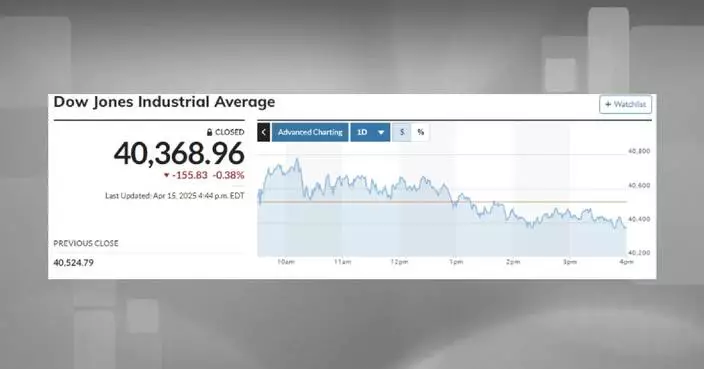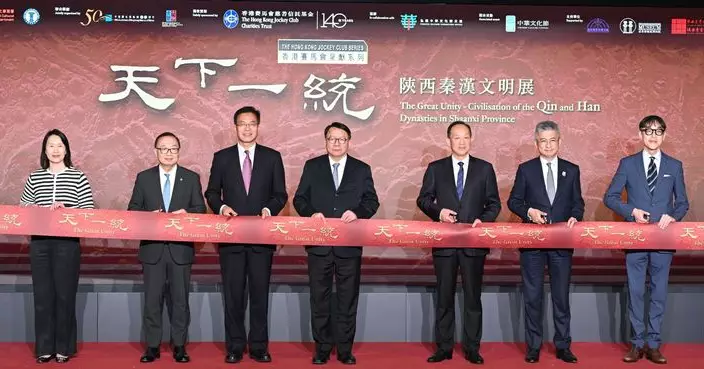The United States stands as the largest source of China's deficit in service trade, with the deficit generally exhibiting an upward trend, said a white paper released by China's State Council Information Office on Wednesday.
The white paper noted that trade in services between China and the U.S. has maintained rapid growth, largely because the demand for services in China is expanding significantly, as its economy continues to develop and the standard of living rises, and the U.S. service industry is well developed with a complete range of sectors and strong international competitiveness.
Quoting data from the U.S. Department of Commerce (USDOC), the white paper said that between 2001 and 2023, two-way trade in services between China and the U.S. increased six times from 8.95 billion U.S. dollars to 66.86 billion U.S. dollars.
China's statistics show the U.S. as its second-largest trade partner in services in 2023, while U.S. data lists China as its fifth-largest services export market, the white paper said.
The white paper said according to the USDOC, from 2001 to 2023, U.S. service exports to China expanded 7.3 times from 5.63 billion U.S. dollars to 46.71 billion U.S. dollars.
The U.S. annual service trade surplus with China expanded 11.5 times to 26.57 billion U.S. dollars. In 2019, the figure even soared to 39.7 billion U.S. dollars.
In 2023, China continued to be the biggest contributor to the U.S. service trade surplus, representing roughly 9.5 percent of the total.
China's service trade deficit with the U.S. is primarily concentrated in three areas - travel (including education), intellectual property royalties, and transportation.
The white paper said China's trade deficit with the U.S. in travel services has expanded continuously.
Data from the USDOC shows that in 2023, Chinese tourists made approximately 1.1 million visits to the U.S., with their spending accounting for 14 percent of U.S. service exports to China. Tourism, medical treatment, and studying abroad remain the primary categories of service trade consumption for those traveling from China to the U.S.
According to the USDOC, U.S. exports of travel services (including education) to China grew 7.8 times from 2.31 billion U.S. dollars in 2001 to 20.23 billion U.S. dollars in 2023.
Noting that China's payments of intellectual property royalties to the U.S. have increased steadily, the white paper said that in 2023, intellectual property royalties remain a primary source of revenues for U.S. service trade, accounting for 13.1 percent of its service trade revenues.
The intellectual property royalties the U.S. receives from China represent one-fifth of the total royalties obtained from the Asia-Pacific region and account for 5 percent of U.S. global intellectual property royalty revenue.

US stands as largest source of China's deficit in service trade: data





















































